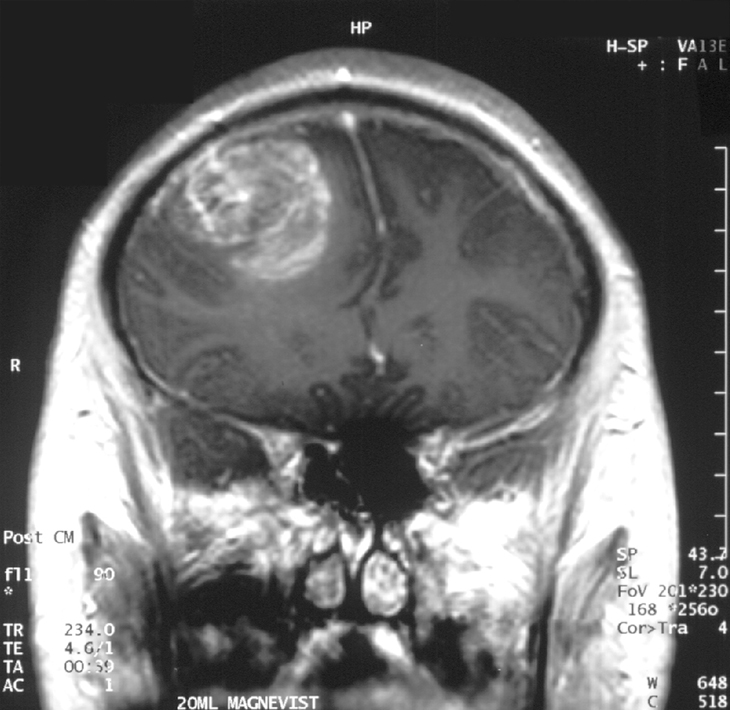
According to the National Brain Tumor Society, glioblastoma is ‘one of the most complex, deadly, and treatment-resistant cancers’ and it ‘accounts for 49.1 percent of all primary malignant brain tumors,’ killing around 10,000 people yearly.
But just recently in Boston, scientists have developed a possibly groundbreaking treatment for this normally fatal brain cancer, which has shown promising early signs in mice, for both the prevention and elimination of the tumors and individual cancer cells.
This treatment, which happens to be a vaccine, uses a method which ‘involves repurposing living cancer cells to destroy the tumors which spawned them.’ Basically, what this means that they use the very same cancer cells that grew the tumor to destroy it as well.
Because cancer cells have specific characteristics, and one of them is their very own ability to travel long distances throughout the body to go back to the very tumor they grew in. This also possibly makes them better at killing the cancer than the body’s immune molecules.
With the success of such techniques as CRISPR, also called CRISP-CAS9, researchers from the Brigham and Women’s Hospital in Boston used a similar technique where they managed to change the proteins within the living cancer cells to ‘prime tumors and other cells for destruction.’ As a result, the priming groomed the immune system to get involved, resulting in the immunological memory of the mice, just like how vaccines work for regular viruses.
During their experiments, the treatment worked on the mice carrying cells that were taken from humans. It showed what could happen to patients that had glioblastoma, which is the deadliest form of brain cancer.
Study author, Dr. Khalid Shah, explained, “Our team has pursued a simple idea: to take cancer cells and transform them into cancer killers and vaccines.”
“Using gene engineering, we are repurposing cancer cells to develop a therapeutic that kills tumor cells and stimulates the immune system to both destroy primary tumors and prevent cancer,” he added.
Notably, glioblastomas have fewer than 10% of patients diagnosed with the disease living past 3 years from the time of diagnosis, making them one of the lowest survival rates of any type of cancer.
While CRISPER technology has the best potential to remove cancer through genetic editing, knowing exactly which genes to target to edit in both cancerous or non-cancerous cells requires major research.
Dr. Shah iterates, “Throughout all of the work we do, even when it is highly technical, we never lose sight of the patient. Our goal is to take an innovative but translatable approach so that we can develop a therapeutic, cancer-killing vaccine that ultimately will have a lasting impact in medicine.”



